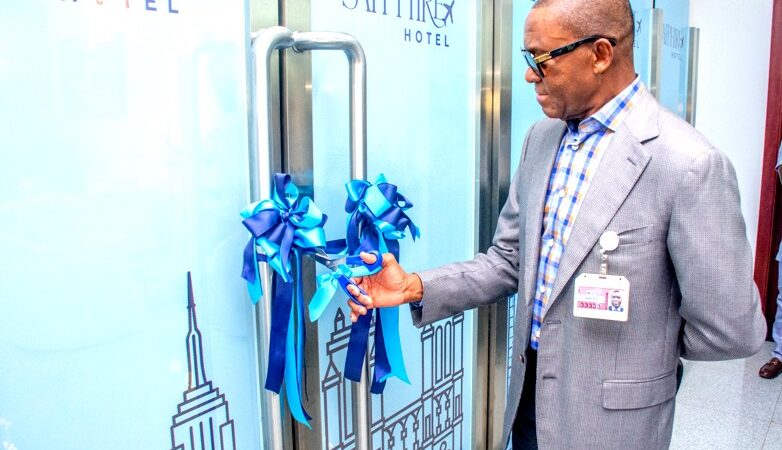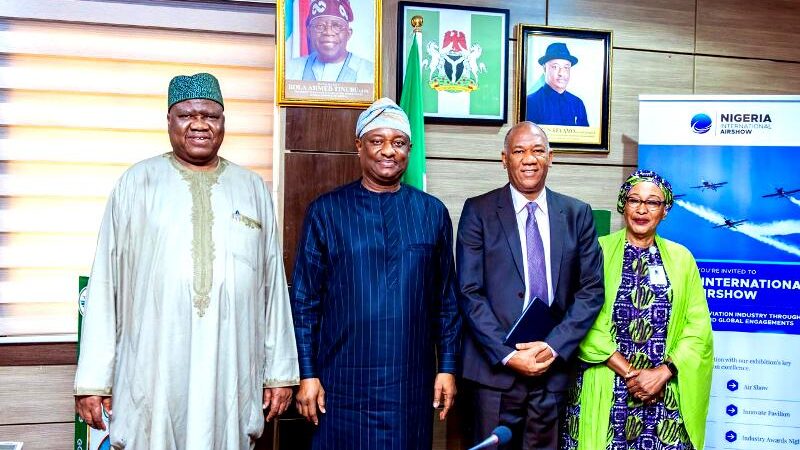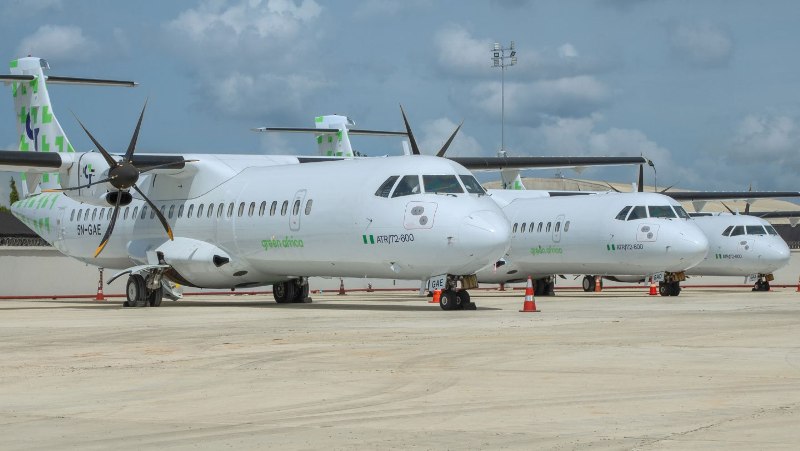Mshelia Advocates Airlines’ Single-Digit Interest Rates, Review Of Overbloated Agencies’ Staff

The Chief Executive Officer of West Link Airlines, Capt. Ibrahim Mshelia has canvassed for single-digit interest rates spanned over 25 years for domestic airline operators, stating that the global practice for successful national or flag carriers is 1.5 to 3 per cent interest rates and at maximum of 25 years.
Making a presentation in Ibadan, Oyo State on the topic; ‘How Domestic Airlines Can Sustain Operations In The Face Of The Global Energy Challenge,’ at the 51st Annual General Meeting (AGM)/Conference of the Nigerian Air Traffic Controllers Association (NATCA), Mshelia stated that in Nigeria, interest rates are between 22 to 35 per and at just five years, wondering how the airlines could operate profitably under such a condition.
He also appealed to the government to make forex easy and available to aviation businesses, warning that without this, airlines and other businesses in the sector would continue to collapse.
Mshelia also wants the government to consider 10 years tax holiday, removal of landing fees for all domestic operators and only a nominal fee of $10.00 equivalent, as flat landing fees for all commercial operators; schedule, charter and General Aviation operators.
“Government also needs to find a way of funding the industry, while every factor affecting its growth should be checked. Most of our moribund airlines went under as a result of paucity of funds. We need to know that the same environment leading to the death of those airlines persists, if not getting worse,” he said.
Mshelia also stated that each of the aviation agencies; the Federal Airports Authority of Nigeria (FAAN), Accident Investigation Bureau (AIB), Nigerian Airspace Management Agency (NAMA), Nigerian Civil Aviation Authority (NCAA), Nigerian College of Aviation Technology (NCAT) and the Nigerian Meteorological Agency (NiMET) is saturated with support staff.
According to him, support staff in each of the agencies take up to 90 per cent of the total workforce, while the technical staff are left with merely 10 per cent. He insisted that the high number of staff in the agencies was responsible for some of the challenges faced by airlines in the sector, alleging that most of them focus on revenue generations, rather than provision of quality services to their clients.
He said that the current situation had made the agencies expensive to manage by the government stressing that NAMA for instance, had over 5,000 staff nationwide, while it actually requires less than 500 staff to operate optimally.
“I want to say that some of our existing agencies are not working at optimal capacity. We have a situation where the agencies are working with more support staff of about 80 to 90 per cent and not more than 10 per cent professionals. This situation makes the agencies over-bloated and very expensive to run,” he said, adding that “we also need a total overhaul of the aviation industry. We should adjust the way we run the parastatals, and the way we fund them for the domestic airlines to thrive.”
Mshelia equally alleged that the airlines are overburdened with multiple surcharges by the agencies, calling for some of the charges to be expunged from the system. He specifically said that the 5 per cent Ticket Sales Charge/Cargo Sales Charge (TSC/CSC) remitted to NCAA was enough to fund all the aviation agencies if the staff were in commensurate with their performance. He maintained that this was sufficient to maintain the runways and the airport environments.
The West Link Airline CEO insisted that the government could not continue to tax the airlines to grow the agencies and appealed for a delicate, symbiotic balance between the airlines and the agencies.
“Moving forward, the parastatals’ funding should be rejigged, while realistic models should be adopted. We are causing a lot of damage to the growth of the domestic carriers under the existing surcharge regime.
“We are blessed with a lot of studies already done. We can begin to look into the reports already handed down to us by committees set up in the past and start a dispassionate implementation of some of their recommendations,” he said.






